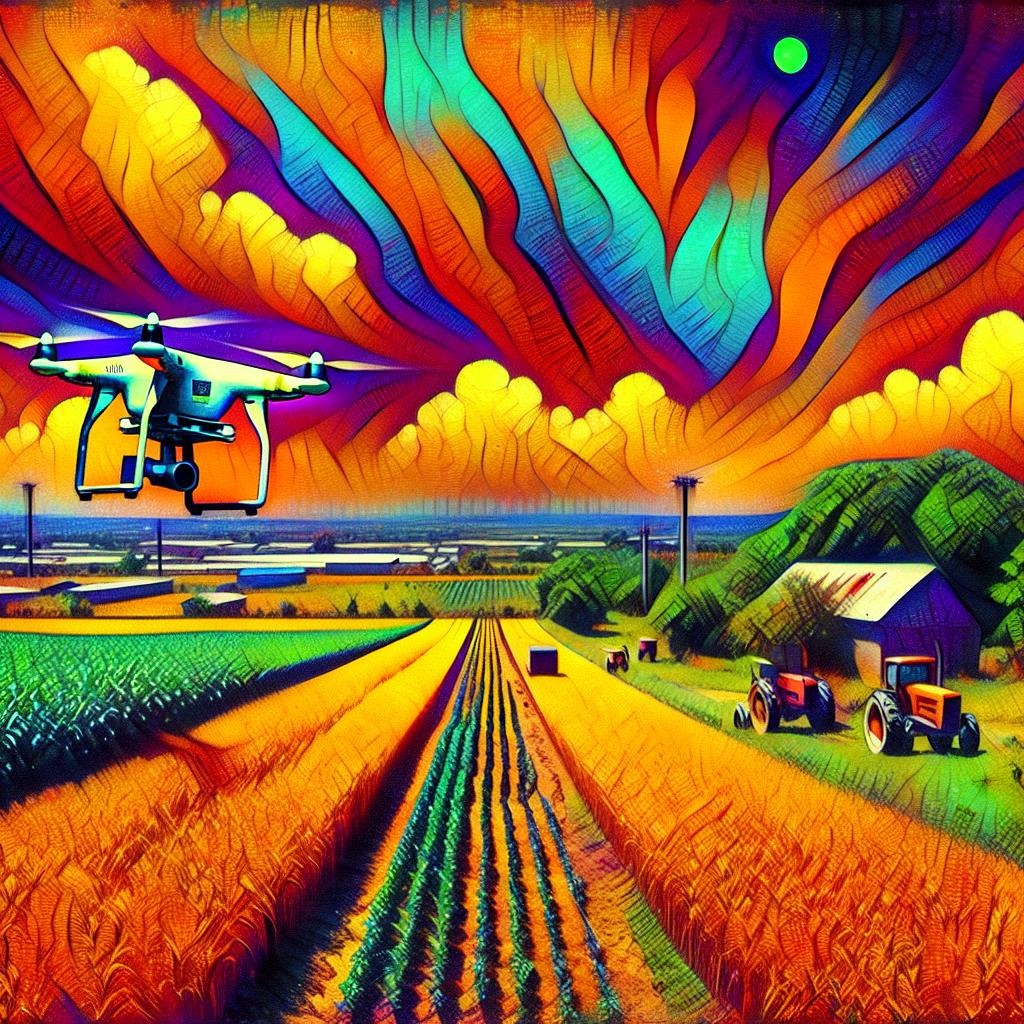Changing Dynamics in Political Content
In the ever-evolving landscape of social media, platforms are grappling with the role of political content in their ecosystems. Recently, Meta, the parent company of Facebook and Instagram, made headlines by stepping back from political content. The decision stems from their analysis that political posts contribute only marginally to the overall engagement on their sites. An internal review revealed that these types of posts do little to enhance user experience, leading to an apparent shift towards less controversial, more engaging content.
On the other hand, X (formerly known as Twitter), now under the stewardship of Elon Musk, is doing the exact opposite. Musk’s approach embraces political discussions with full vigor, potentially re-establishing X as a public square for political debate and discourse. Though the reception has been mixed, X’s claim is that fostering a space for political dialogue will drive user engagement, offering a platform where all voices can be amplified. This creates two distinct approaches to political content that reflect a broader societal debate around free speech versus misinformation control.

As political messaging continues to move swiftly through social media channels, one cannot overlook the role of TikTok. Despite ongoing concerns regarding foreign influence and potential manipulation, TikTok has found a unique niche in political messaging. Younger demographics flock to this platform, finding engaging ways to convey political ideas, promotional campaigns, and critiques in brief, highly engaging formats. While TikTok remains under scrutiny, its ability to captivate and mobilize younger voters cannot be denied.
Navigating Free Speech and Misinformation
The varying approaches of these platforms indicate a crucial evolving question: How do social media companies balance free speech with the need to control misinformation? For Meta, reducing political content might lean towards fortifying user satisfaction within their timeline and promotional investments. Conversely, X’s proclivity toward politicized content could swell discussions but might also spark debates over the potential spread of false information.
TikTok resides in a precarious position. As this platform continues to navigate its credibility amidst scrutiny, the nature of viral content on TikTok, often created without comprehensive fact-checking, poses challenges for preventing misinformation. The site allows quick shareability of political messages, making it a potent platform for both genuine engagement and the rapid spread of distortions.
The Impacts of Engagement Metrics
Ultimately, it appears that these platforms remain beholden to engagement metrics. Companies like Meta and X weigh metric results to shape their content strategies. This leads to a fascinating situation where user engagement may dictate what is considered acceptable or appropriate political discourse. The cycle of engagement can inadvertently promote sensationalism over substance.
“The trends in political discourse across these social media platforms signal more than just changing content strategies; they reflect deepening societal divides on perspective regarding public discussion, information integrity, and the role of technology in shaping our understanding of events.”
The Role of Algorithms in Political Messaging
Compounding the issue is the role of algorithms targeting content tailored for users. Users’ preferences and prior engagements dictate what appears in their feeds, generating a feedback loop reinforcing existing biases and opinions. On platforms like X, political engagement might spiral towards extremes, amplifying divisive messages. Meanwhile, Meta’s recoil from heavy political themes could tips the conversational scales toward more neutral, lifestyle-oriented messages.
Also significant is how different audiences might react to political discourse based solely on the platforms they engage with. With TikTok’s youth-oriented vibe, the creativity of users turns political messages into digestible forms, fostering discussions among demographics typically underserved in traditional political arenas. However, the shallow nature of TikTok videos could mean critical complexities of political problems go unchecked, inviting debates on efficacy versus engagement.
Future Implications
As we look to the horizon, the challenge for all social media platforms will be determining how to curate political discourse while maintaining users’ interest and moderating truth. These divergent trends reflect the larger complexities within the digital information ecosystem as social media sites vie for both relevancy and user satisfaction.
This ongoing evolution poses questions of accountability and responsibility in an environment purportedly designed for connectivity and openness. The fine line between fostering inclusive speech and potentially empowering extremist views continues to redefine social media’s role in political engagement.
As we proceed into this uncertain future, the effectiveness of digital political messaging, along with its overall ethical implications, will require deeper discourse from all stakeholders involved – users, providers, and policymakers alike.



